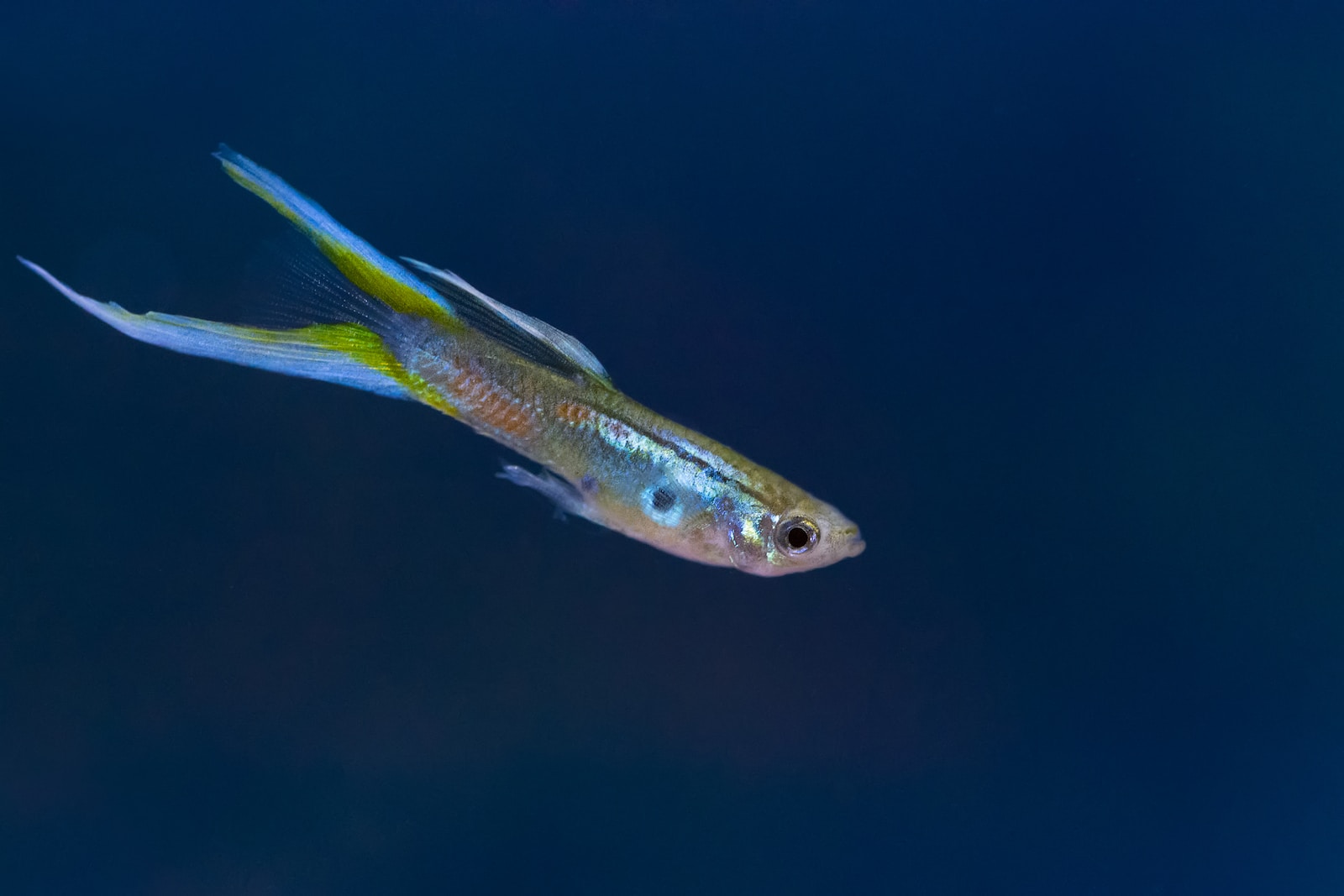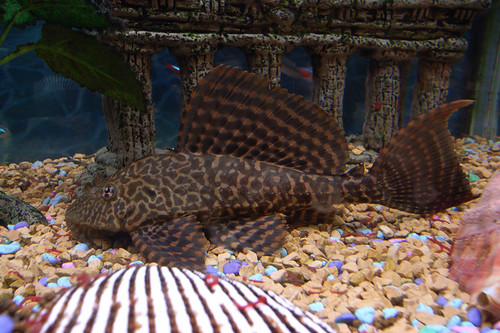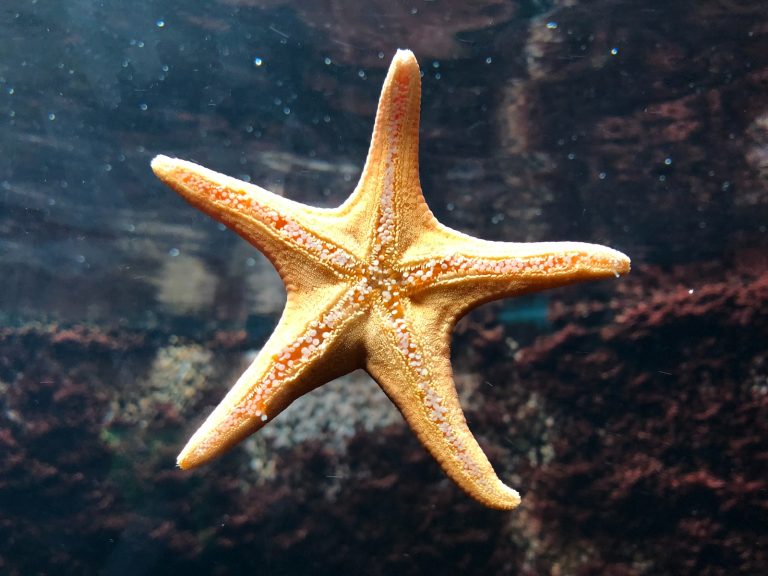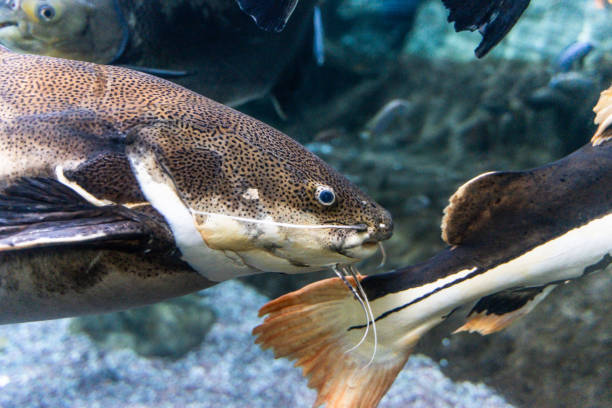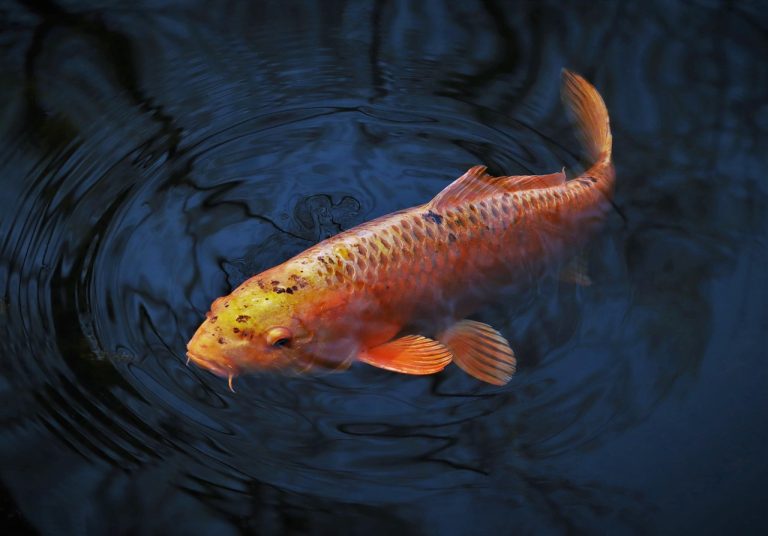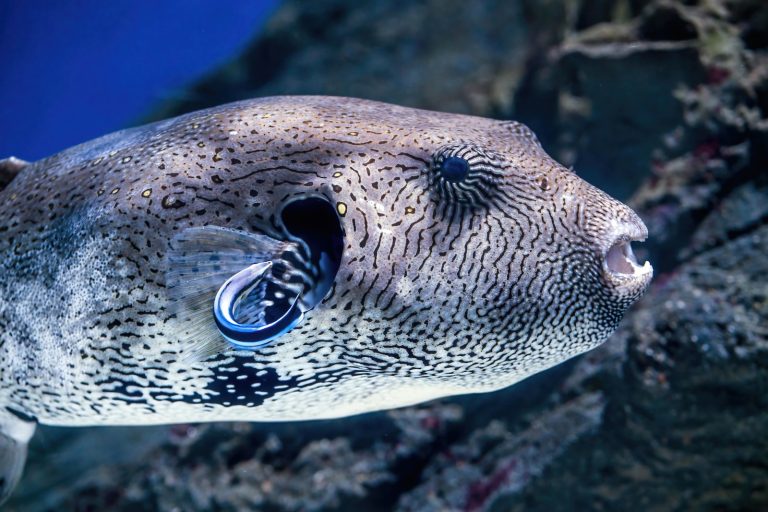Introduction
Guppies, with their vibrant colors and lively demeanor, have long been a favorite among aquarium enthusiasts. As you embark on your journey of becoming a guppy owner, the question might arise: Can a guppy live alone? This article delves deep into the world of guppies, exploring whether they can thrive in solitary setups or if they are better off in the company of their fellow fish companions. From understanding their social nature to ensuring their optimal well-being, we’ll cover everything you need to know about guppy solo living.
Can a Guppy Live Alone? Debunking the Myth
The short answer is yes, a guppy can technically survive alone in a tank. However, the long answer involves more nuanced considerations that revolve around their nature, behavior, and overall quality of life. Guppies are inherently social creatures, accustomed to living in schools in their natural habitats. This social behavior not only provides them with a sense of security but also offers several benefits that contribute to their overall health and happiness.
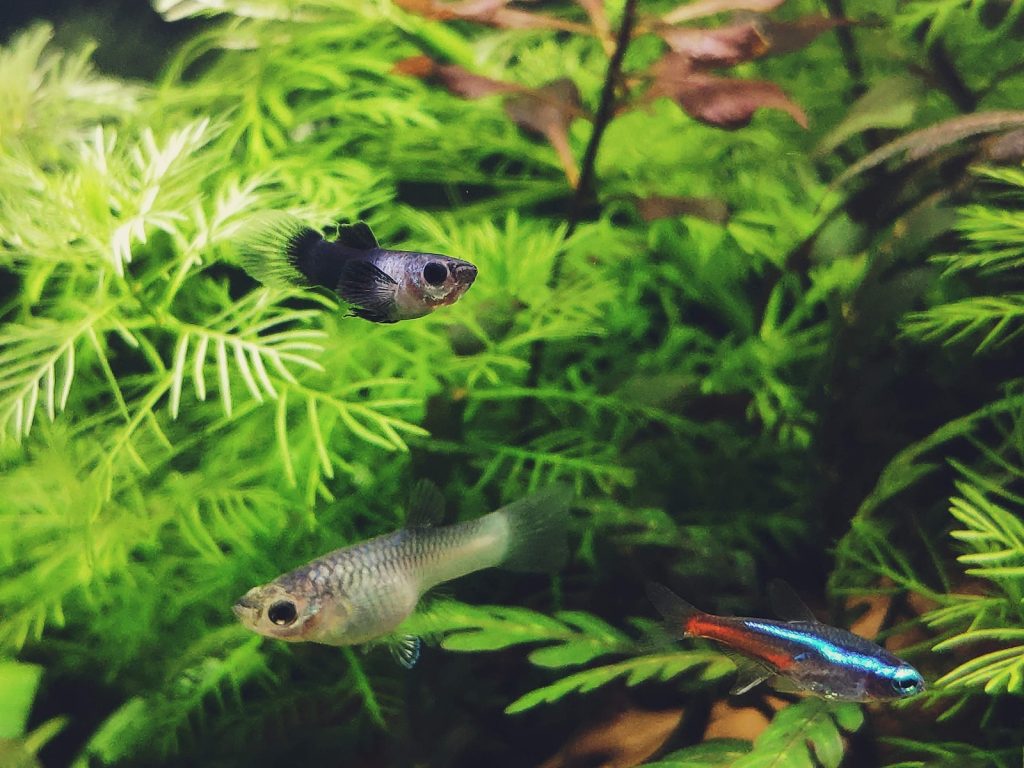
The Social Nature of Guppies
Guppies, scientifically known as Poecilia reticulata, originate from the freshwaters of South America and the Caribbean. In these regions, they thrive in schools, forming intricate social structures that allow them to navigate their environment efficiently. Being in a group provides them with safety in numbers, helping them evade predators and find food more effectively.
Benefits of Keeping Guppies in Groups
1. Reduced Stress Levels
In the confined space of an aquarium, a solitary guppy might experience heightened stress levels. On the other hand, when guppies are kept in groups, they exhibit more natural behaviors, such as schooling and playing. This interaction reduces stress and contributes to their overall well-being.
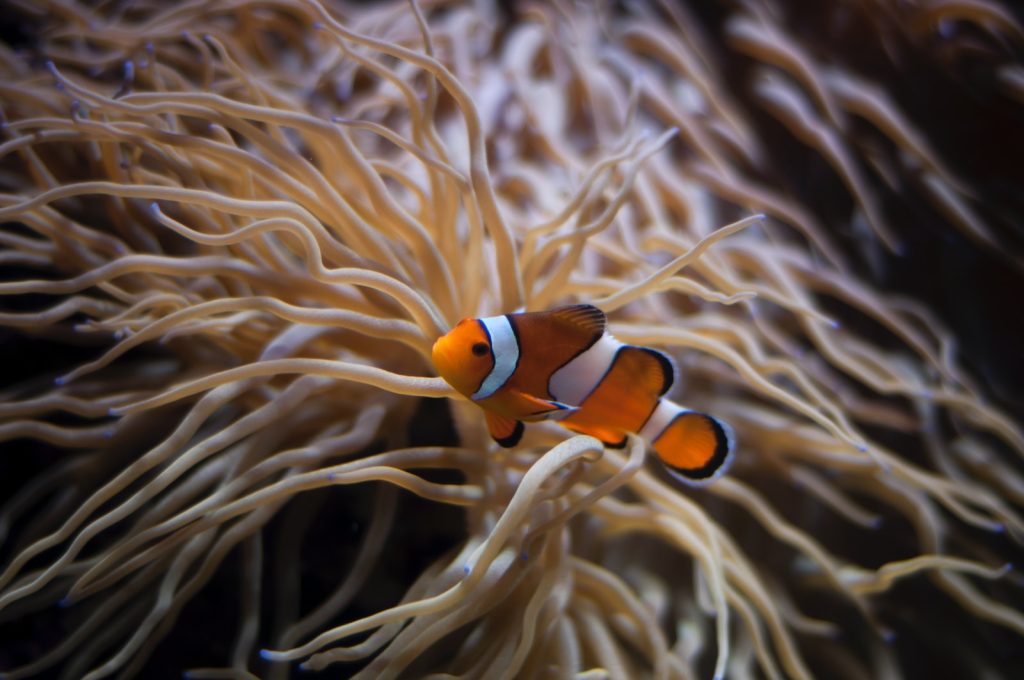
2. Color Enhancement
Guppies are renowned for their stunning colors, which play a role in attracting mates and deterring predators. Interestingly, when guppies are in the presence of their peers, their colors tend to become even more vibrant—a sight that can truly elevate the aesthetic of your aquarium.
3. Behavioral Imitation
Guppies are known to learn from one another’s behaviors. When kept in groups, they imitate each other, which can be advantageous when it comes to finding food sources, exploring their environment, and adapting to changes in the tank.
4. Natural Hierarchy
In a group setting, guppies establish a natural hierarchy, which helps maintain order within the school. This hierarchy often involves dominant and subordinate fish, reducing aggression and creating a more harmonious living environment.
The Case for Solo Guppy Keeping
While guppies thrive in groups, certain situations might necessitate solo guppy keeping. If you have limited tank space or specific breeding goals, having a single guppy can be a viable option. However, it’s crucial to take extra measures to ensure the lone guppy’s well-being.
Important Considerations for Solo Guppy Keeping
1. Tank Size and Enrichment
If you opt for a solitary guppy, providing an adequately sized tank becomes even more crucial. A larger tank reduces the risk of loneliness and boredom, as the guppy will have more space to explore. Enhance the tank with plants, decorations, and hiding spots to mimic a more natural habitat.
2. Attention and Interaction
Without the companionship of its kind, a solo guppy will rely on you for interaction and stimulation. Spend time observing and interacting with the fish regularly to prevent it from becoming lethargic or stressed.
3. Water Quality and Maintenance
Maintaining optimal water conditions is non-negotiable in any aquarium setup, but it becomes paramount when keeping a guppy alone. Regular water changes, proper filtration, and monitoring of water parameters are essential to prevent stress-related health issues.
Frequently Asked Questions
Q: Do guppies get lonely? A: Yes, guppies are social fish that can experience loneliness when kept alone. They thrive when in the company of their peers.
Q: Can a male guppy live alone? A: While male guppies can technically live alone, they tend to thrive and display more natural behaviors when kept in groups.
Q: How many guppies should be kept together? A: A small group of at least four to six guppies is recommended to provide them with a comfortable social environment.
Q: Can a guppy live with other fish species? A: Guppies are generally compatible with various peaceful fish species, but it’s important to consider each species’ requirements before introducing them to the same tank.
Q: What happens if a guppy is kept alone? A: A guppy kept alone might experience increased stress, reduced vibrancy, and even behavioral issues due to the lack of social interaction.
Q: Can guppies live with other types of livebearers? A: Yes, guppies can coexist with other livebearer species, such as mollies and platies, given compatible tank conditions.
Conclusion: Choosing What’s Best for Your Guppy
In the realm of guppy keeping, the answer to whether a guppy can live alone is rooted in a delicate balance between their social nature and individual circumstances. While they can technically survive alone, their thriving, vibrant, and natural selves truly shine when they’re part of a social group. If you’re considering a solo guppy, remember to provide ample space, attention, and enrichment to ensure a fulfilling life for your aquatic companion.
As an aquarium enthusiast, your journey involves not only providing care but also understanding and cherishing the intricacies of your fish’s behaviors and needs. By creating an environment that nurtures their sociable tendencies, you can revel in the beauty and charm that guppies bring to your aquatic world.
Remember, whether you choose to keep guppies in groups or as solos, your commitment to their well-being will undoubtedly result in a thriving and captivating underwater ecosystem that brings joy to both you and your fishy friends.
